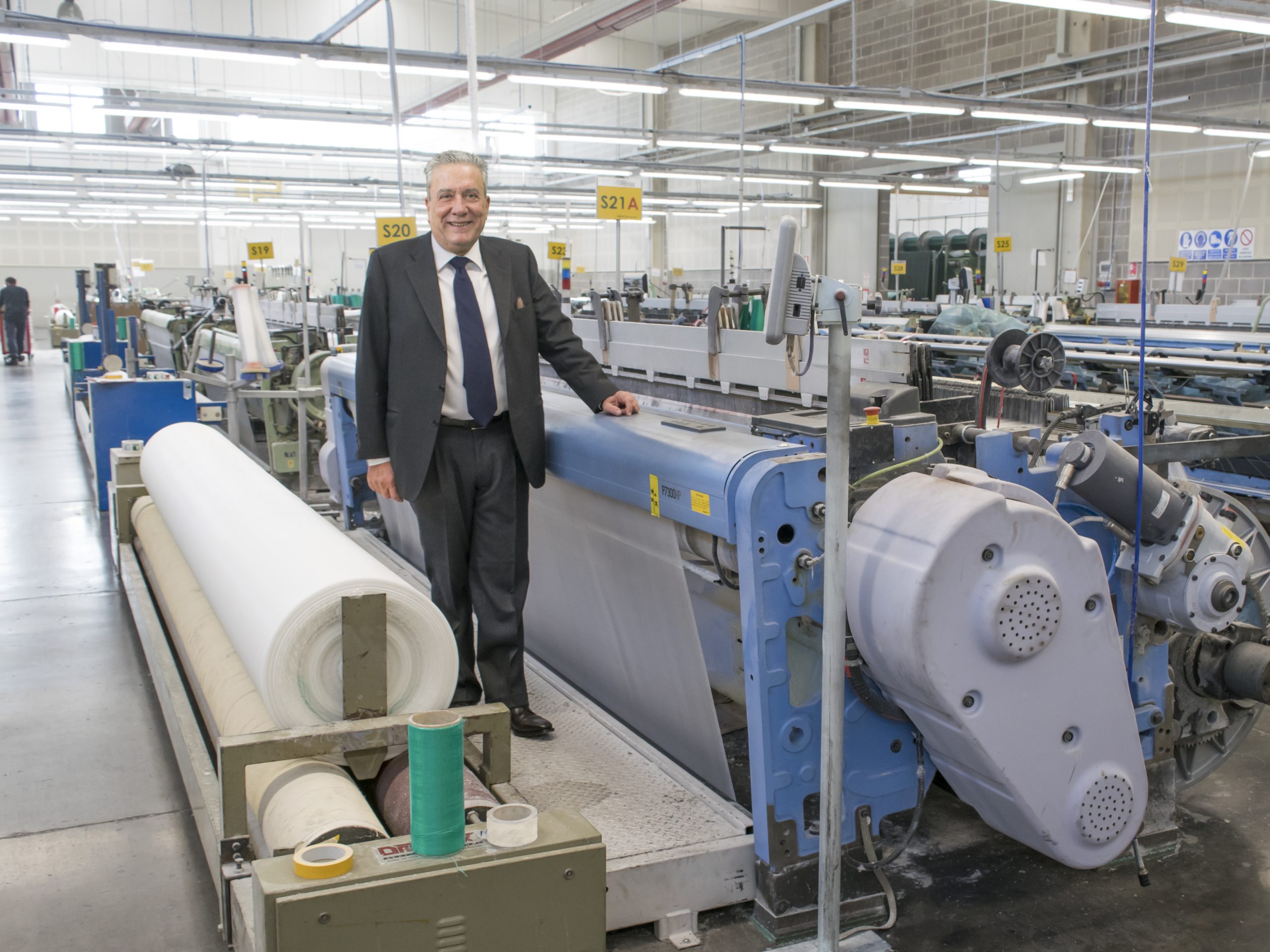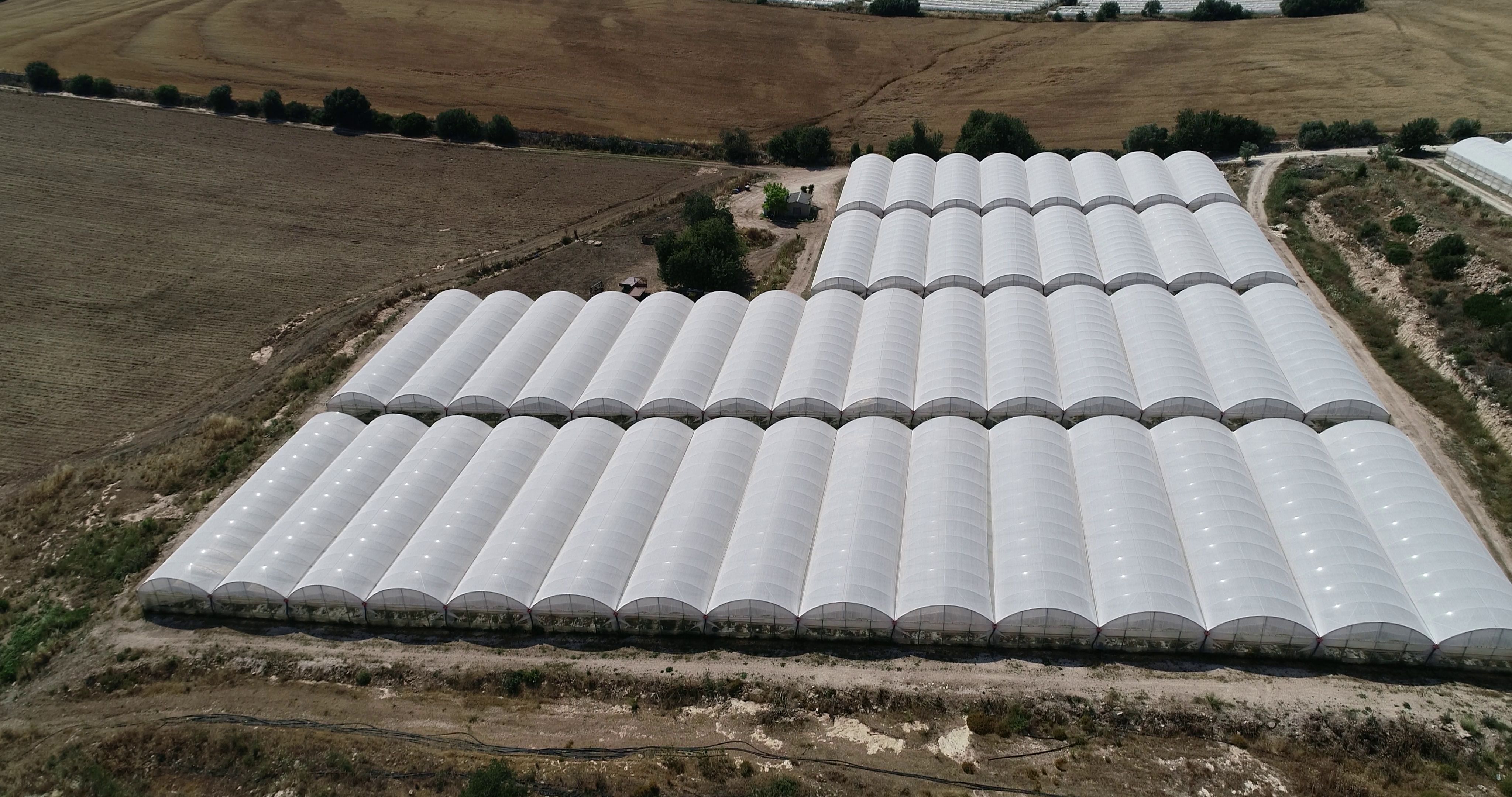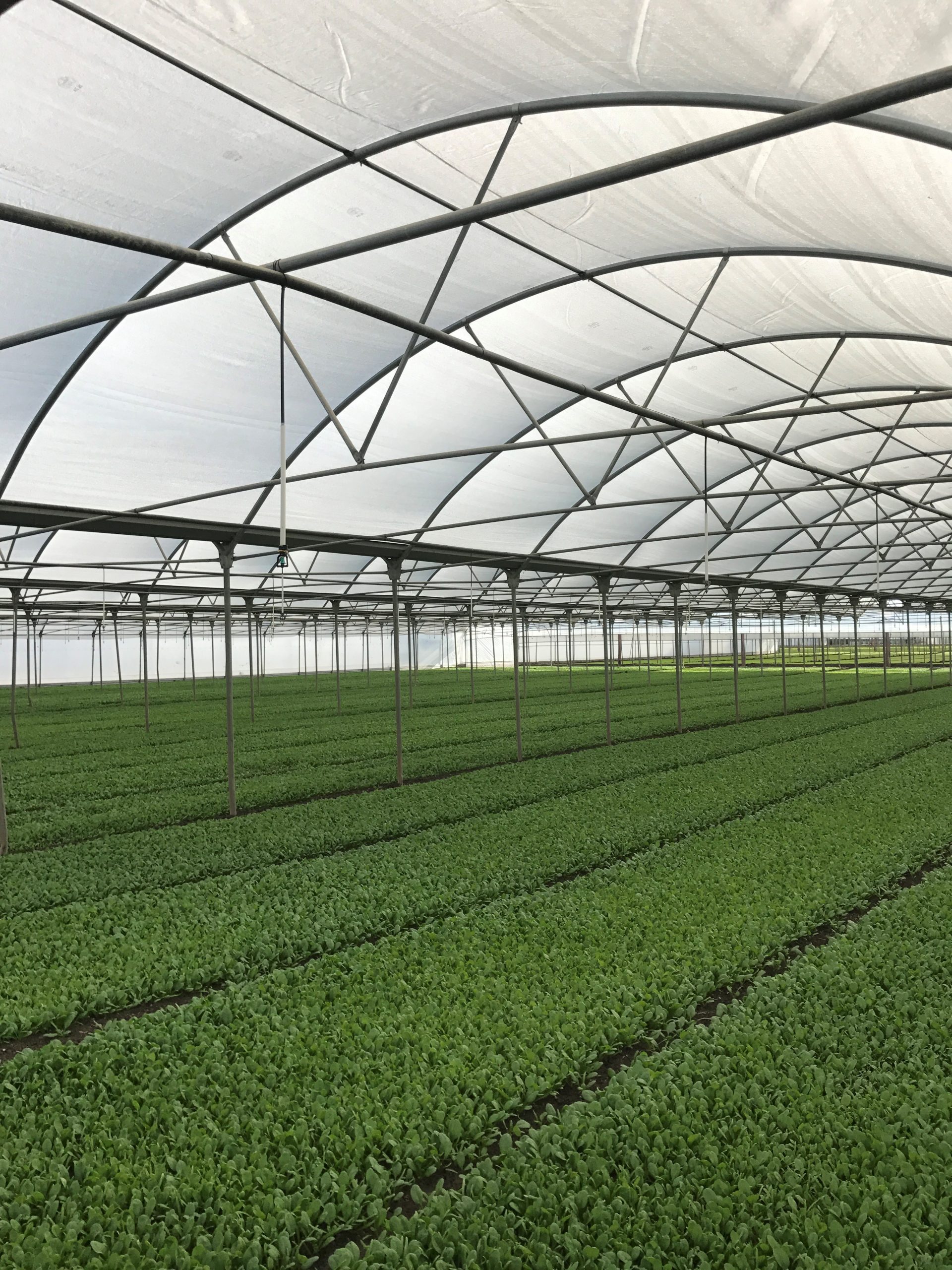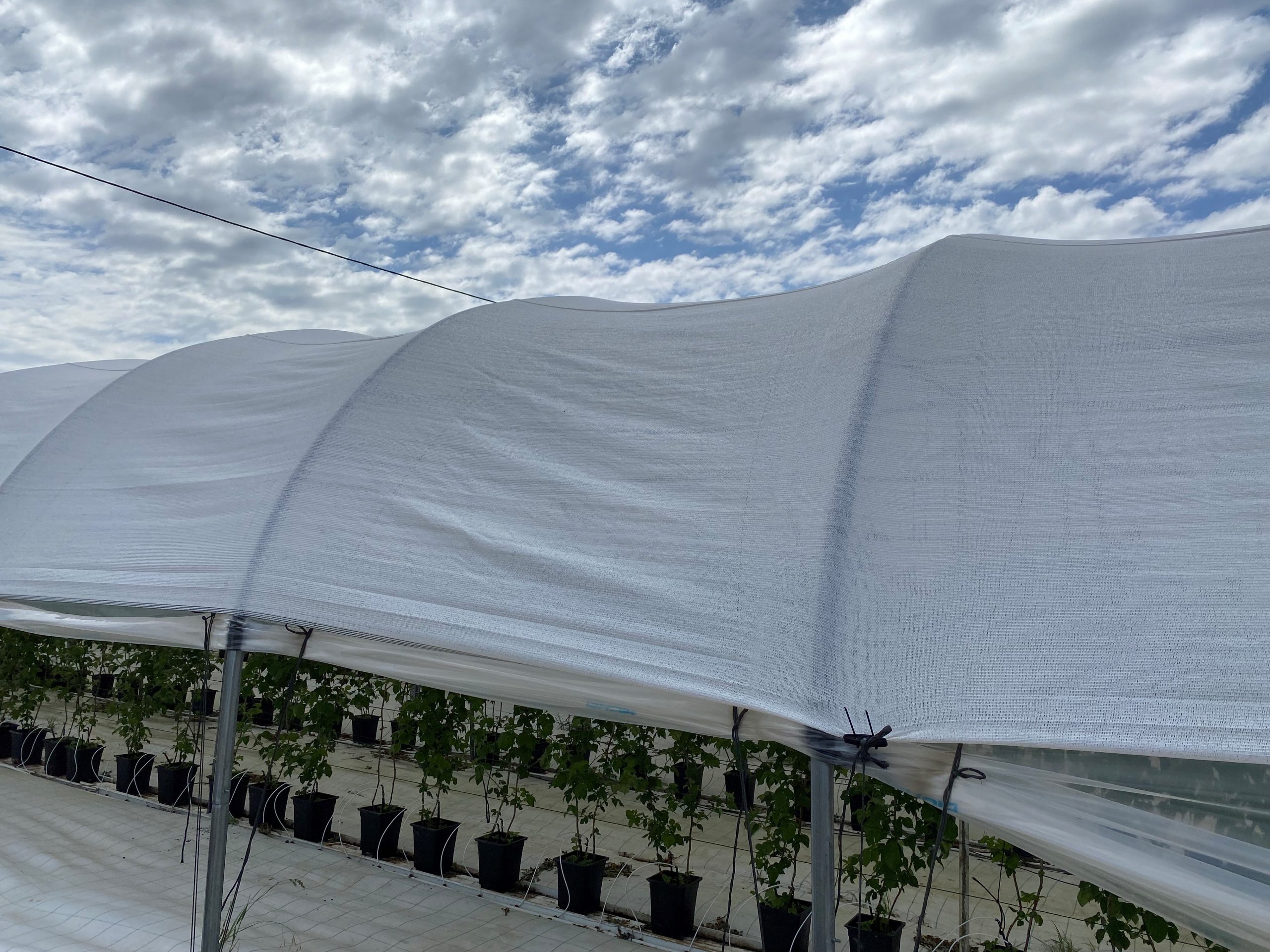Lack of water, Arrigoni at the forefront with innovative solutions for agriculture
Saving water is one of the biggest challenges of modern agriculture. According to FAO, in 2050 it will be necessary to produce up to 60% more food, to feed the global population. The Arrigoni Group, company specialized in the design and manufacture of agrotextiles for agriculture, has field-tested Prisma®, a range of protective screens that optimize the diffusion of light while ensuring temperature control. The result was surprising: the amount of water that can be saved compared to production in the open field reaches almost 40%.
A real innovation, in other words, in a situation of great emergency. Irrigation plays a fundamental role in food production, and it is for this reason that Arrigoni intends to contribute with its research so that agriculture becomes more productive and less harmful to the environment. According to FAO, it is estimated that the planet contains 1,400 million km3 of water. However, only 0.003% of this huge amount, i.e. about 45,000 km3, could be used for drinking, hygiene, agriculture and industry. And not all this water is accessible, as part of it flows into remote rivers during seasonal floods. In the last century, moreover, water consumption has grown almost twice as much as the rate of population growth. On average, agriculture accounts for 70% of global freshwater use. FAO predicts that irrigated food production will increase by more than 50% by 2050, but the amount of water reserved for agriculture can only increase by 10%, if irrigation practices are improved, and yields increase.
In this context, Arrigoni comes into play. In intensive agriculture, it is now necessary to adopt water-saving techniques. Textile screens can prove to be simple and effective agricultural tools to increase the efficiency of water use, depending on their structure, color, and level of shading. They transmit sunlight in a specific band of wavelengths, increase the efficiency of radiation use, affect the morphology and physiology of plants, can also be a factor in improving flowering and growth, as well as fruit quality.
Arrigoni has proven in the field the effectiveness of this thesis. The tests were conducted between summer 2021 and spring 2022 at the Arrigoni research station, in Southern Italy. Specifically, the performance of the Prisma® range compared to the open field was tested. With no crops below the screens, it was recorded a total water saving of 26%. For tomatoes in the intermediate phase of their production cycle – compared to the open field – water savings of 39% have been recorded.
But this is just the beginning. “Since last April – confirms Paolo Arrigoni, CEO of the Group – we have been carrying out an extensive campaign of measurements in the field according to well-defined protocols, which will provide more precise and comparable data with respect to the percentage of water savings. The goal is to have data available for each crop, to be shared with our partners and institutions. In other words, we want to estimate the approximate percentage of water that can be saved in evapotranspiration for each of our screens, in different climatic conditions”.
For further information: http://www.arrigoni.it/
The ARRIGONI Group has been operating in the technical textile sector since 1936. In 1959 the production of polyethylene mesh fabrics began. Today he has over 60 years of experience in the field of protective screens. The coordination office of the group is in Uggiate Trevano (CO), just outside Milan and close to the airports of Linate and Malpensa. The three production units of the group insist on a total area of 110,000 square meters; the covered area is sqm. 39,000. There are 160 direct employees, the annual production capacity is over 6000 tons / year of mesh fabrics. Arrigoni conceives, produces and distributes: innovative agrotextiles for better climate control and a healthier and safer food production and other outdoor fabrics for technical and / or environmental uses. Today it is the European leader in technical textile applications for agriculture.







